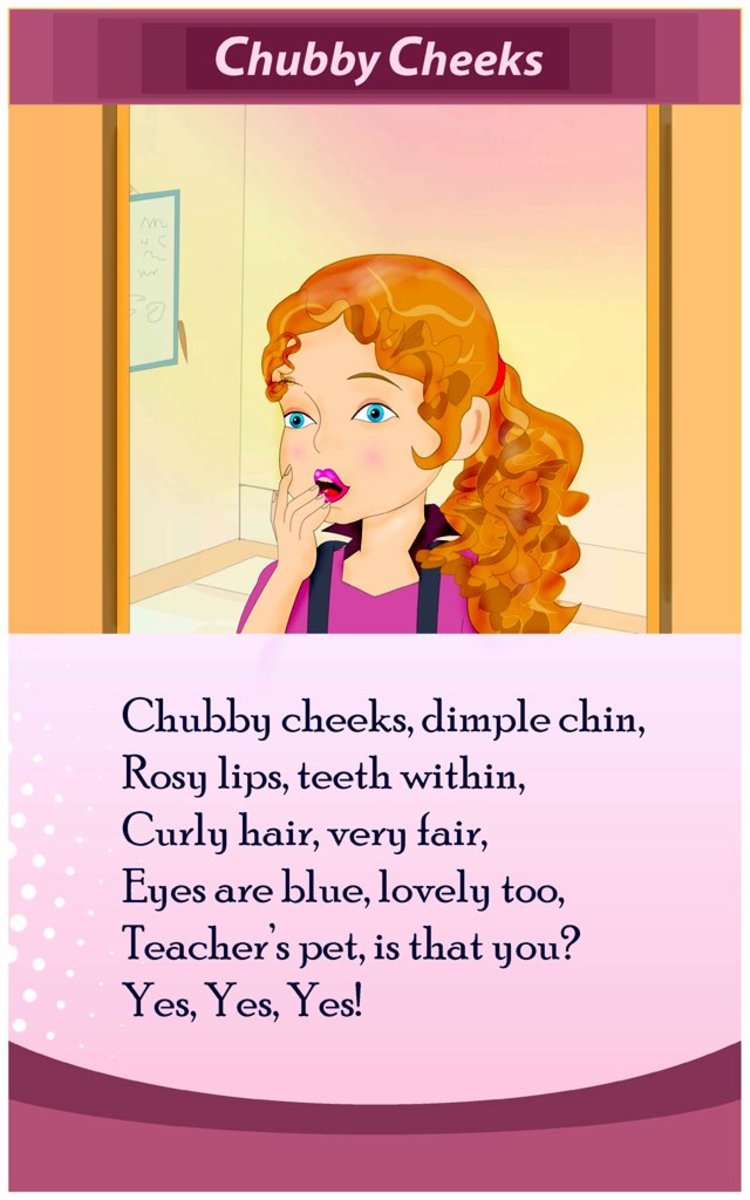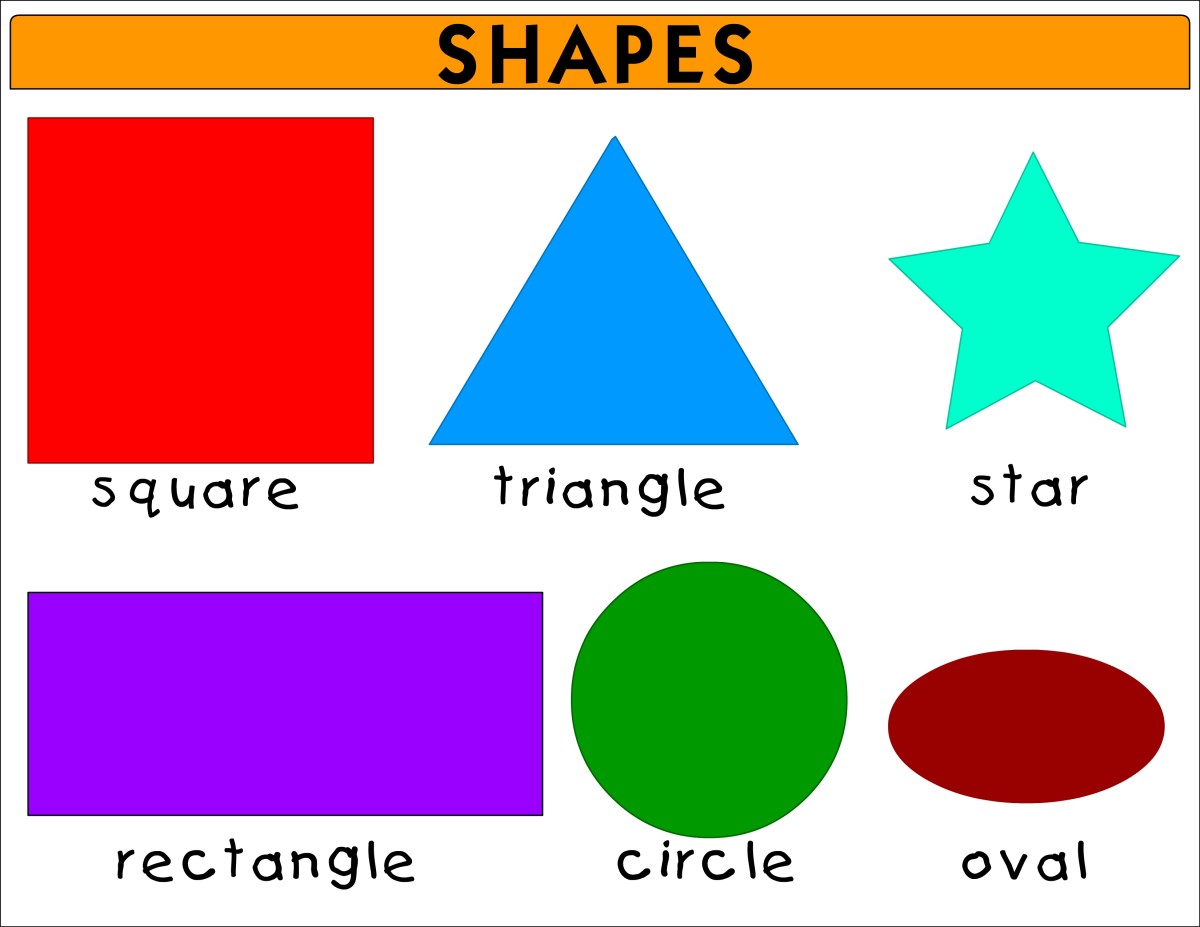Teaching Values and Respect to a Young Child
"You know that the beginning is the most important part of any work, especially in the case of a young and tender thing; for that is the time at which the character is being formed and the desired impression is more readily taken..." Plato's Republic

The Early Years
After spending 18 years in early childhood classrooms, I have been able to grasp the significance and importance of teaching values and respect to young children at an early age. A child's brain is going through its fastest growth and development from birth through 5 years of age. These are the critical years for human neural development.
During the first three years, the child is learning whether the world is safe, dependable (does mommy come when I cry, will I be fed when I'm hungry), begins language development, learns familiar faces, surroundings. The child will begin adopting learned behaviors in order to have its basic needs supplied and learn how to interact with others.
A child develops values by social and cultural imprints. If left to a stressed environment, the child can develop an over-reactive nervous system which can result negatively with the child's motivation to behave. It can also isolate a child from relating with others and affect the ability to focus. Values are essential for healthy brain development and growth.
Values Give Families a Moral Compass

What Are Values?
Values are beliefs that are important to an individual, a family, a society, civilization. A family or society without a value system has no direction, no moral compass in which to help give guidance. Ask yourself what is important to you. What values are necessary to integrate within your family, your home, your contribution to society? What do you value? Take some time to write down your own values and those which you believe are important for your child. I'm listing a few examples:
- quiet time for yourself
- free expression of thought, opinions without judgment
- quality time with your family, friends
- educating the mind with books, arts
- caring for belongings, home, environment
- conscious, caring discipline of self and children
If you want your child to share your values, make sure they are evident in your own behavior and home. A young child learns by observation first. With participation, a value can be integrated into the child's brain circuitry. Obviously, the opposite holds true. If the child has no value system to observe, the brain will adapt to the environment in which it is exposed. The values may stay with him throughout his lifetime or may change as the brain is exposed to different stimuli and different opinions are formed.
The Children's Book of Virtues

How to Teach Values to Your Child
It's really quite simple, providing that you're not trying to enforce a behavior. If you want your child to be polite to you, be polite to your child. If you want your child to be polite, be polite. If you expect your young child to be polite at school, then speak politely about school and his teachers and also speak politely about your friends. If there is a problem at school, then deal directly with the appropriate person and go through the proper channels. Whatever you wish to instill in your child, you must be willing to have yourself or you will experience problems.
Respect the Child First
Teaching young children respect follows the same principles. Respect is a willingness to show consideration or appreciation for someone or something whether one shares the same opinion. Children need to be taught how to respect their bodies, their minds, their belongings and yours, authority figures both inside and outside the home, friends, elders, pets, animals and opinions that may differ from their own. You could ask your child what is important to respect and help him make a short list (3-5) to keep posted in his room. You show your child respect by respecting him as an individual, a separate human being.
Look
in the Mirror
It is often helpful to remember that
values and respect are most easily taught and successfully adopted by
utilizing the "mirror" method. Here are a few examples to allow your
child to see you being respectful:
- brush your teeth and keep yourself clean and groomed
- sit down together at the dinner or breakfast table
- call or visit your parents or elderly friends
- exercise
- put your clothes away and assist your child
- walk and bathe your pet
- use polite words, "I like the way you...."
Of course, the list could go on and on, but the point is clear. Respect is something that is taught and valued. Early childhood is the best time to teach and help a child form a good value system, respecting himself and others.
If civilization is to survive, we must cultivate the science of human relationships- the ability of all people, of all kinds, to live together, in the same world at peace.
— Franklin D. RooseveltCivilization
The moral decline of the family unit is evident. This is apparent in the rising hostility of society. It is imperative that we teach our children worthy values that can reflect what is good and kind and ethical in our own lives and in our world. Hopefully these values can be embraced and become a part of their overall behavior and constitution. I believe we need to refocus on what is important within our own family units and teach our children a sense of moral values. They will be our future generation.
Believe nothing merely because you have been told it. Do not believe what your teacher tells you out of respect for the teacher, but whatsoever, after due examination and analysis, you find to be kind, conducive to the good, the benefit, and welfare of all beings- that doctrine believe, cling to and take it as your guide.
Buddhist aphorism



